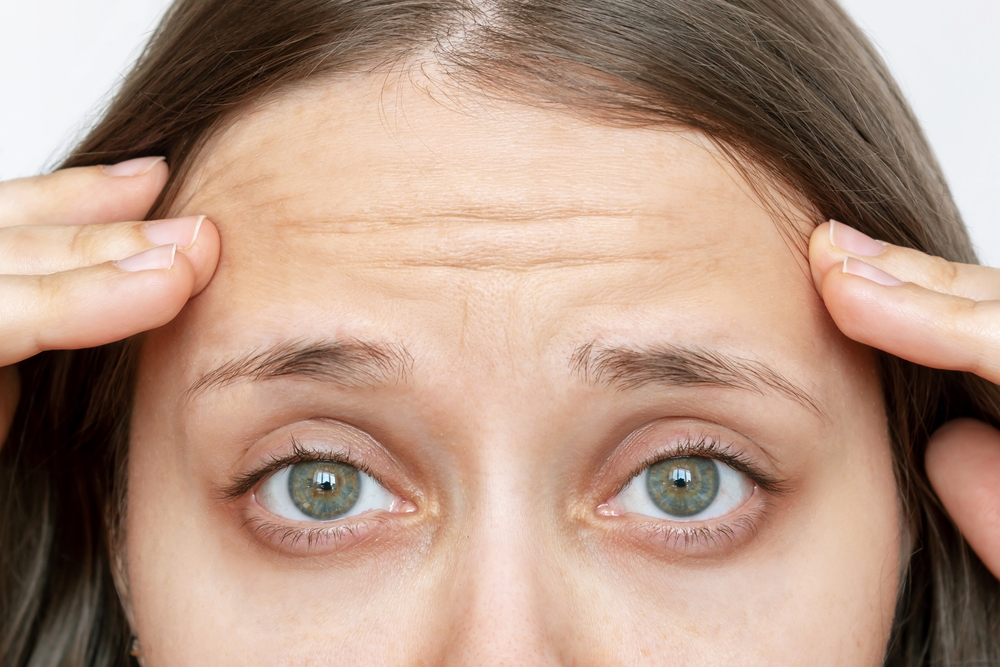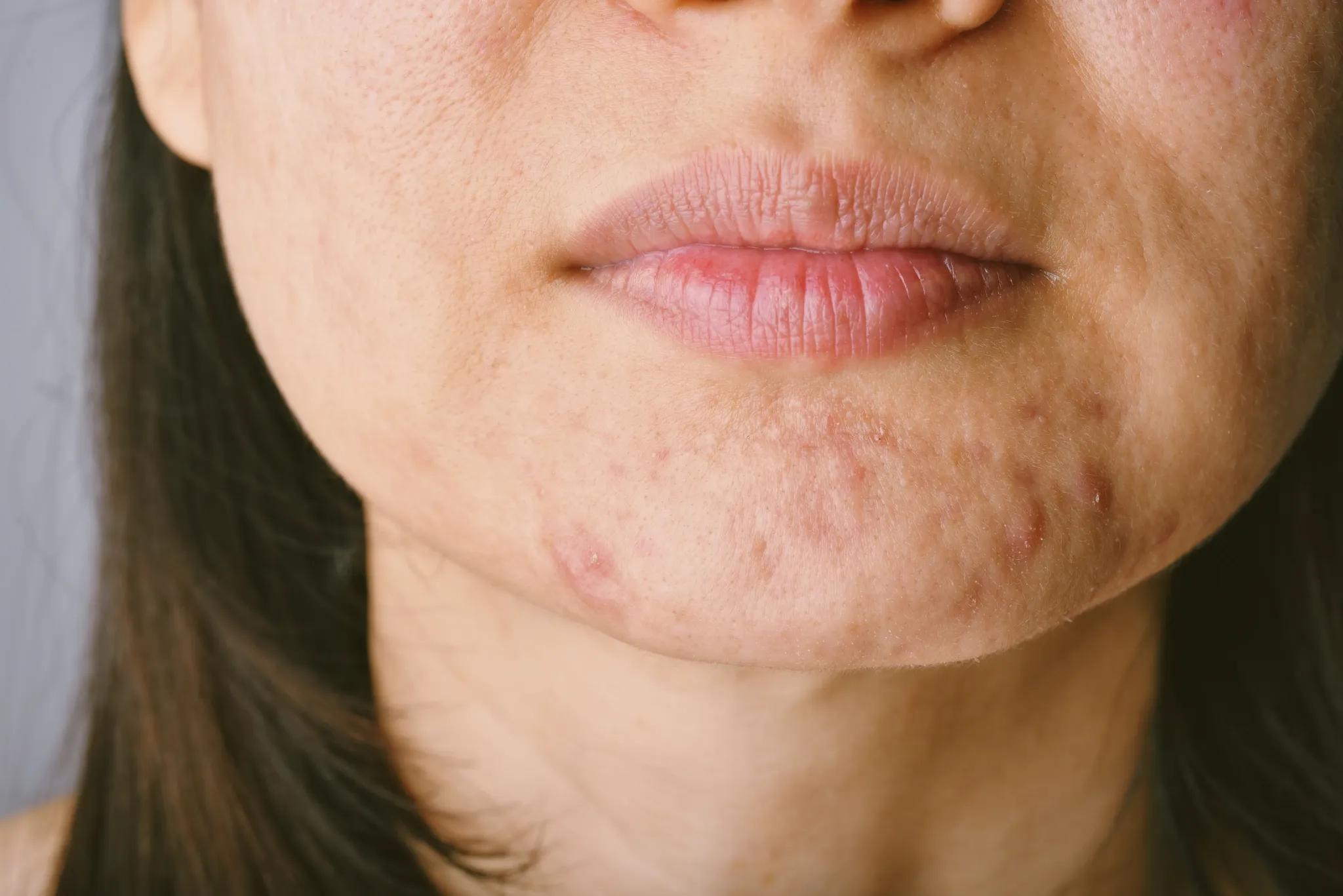
Everything You Need to Know About IPL Laser Treatment
In the evolving world of advanced skincare, IPL laser treatment has become one of the most sought-after solutions for those looking to improve skin clarity,
Our unique approach enables us to look beneath the surface of the skin and simulate your results prior to treatment. Learn more >
Results simulator now available. Learn more >

Menopause is a phase that brings many changes, and weight management can be one of the biggest challenges. Hormonal shifts, slower metabolism, and muscle loss make it easy to gain weight and hard to lose it. For women seeking a structured yet flexible plan, the menopause diet 5-day plan to lose weight offers a straightforward approach to stay healthy and manage weight effectively.
This guide will outline a day-by-day plan with balanced, nutritious meals to keep weight under control while providing energy and easing menopausal symptoms.
Before starting any diet, consult a healthcare professional to ensure it aligns with your health needs. Let’s explore how this menopause diet plan can work for you and provide sustainable results over time.
Weight gain during menopause is often due to hormonal changes. When oestrogen levels drop, the body begins storing fat more easily and burning calories less efficiently. Additionally, the natural process of muscle loss that happens with age slows down metabolism. Without adjustments to menopause and diet considerations, along with activity levels, it’s easy to experience weight gain, often around the belly.
Besides these changes, other factors like a busy lifestyle and more time spent sitting can exacerbate weight gain. Even if you’ve maintained similar eating habits, your body now requires fewer calories than before. Balancing a diet during menopause with regular exercise can make a big difference.
That’s why a structured menopause diet is essential—it’s a tool to manage weight, fuel the body, and support health through these changes.
Menopause brings a range of changes that affect more than just physical appearance; it can impact overall health, including the need for improved skincare and dietary adjustments.When weight gain isn’t managed, the risk of certain health issues increases.
Here’s how these changes can affect your well-being and how a balanced perimenopause diet or menopause diet can help:
Many women also explore options to enhance skin health and appearance during this stage. Treatments like BroadBand Light (BBL) therapy, available at Cosmetic Clinics, are designed to rejuvenate the skin by addressing age spots, uneven texture, and fine lines, complementing the positive effects of a balanced menopause diet.
Maintaining a healthy weight during menopause can bring significant benefits, supporting both physical and emotional well-being. Following a healthy diet for menopause is key to achieving these benefits and managing weight effectively.
Here’s why it’s worth focusing on:
Additionally, maintaining healthy habits often inspires women to explore skin-rejuvenating treatments. For example, BBL therapy can enhance your skin’s natural radiance and improve elasticity, making it a valuable addition to a holistic self-care routine during menopause. Cosmetic Clinics can help enhance your skincare routine during menopause with personalised treatments.
For effective weight management during menopause, this 5-day menopause diet plan focuses on nutritious meals that balance hormones, stabilise energy, and curb cravings. Meal plans for menopause can provide structured guidance to make dietary adjustments easier and more effective.
Let’s take a look at each day’s menu and the dietary benefits it brings.
To begin, focus on foods that provide energy and keep you feeling full.
Each meal focuses on ingredients that keep you full, fuelled, and balanced for an energetic start to your week.
Today’s focus is on foods that aid digestion and boost gut health, which is crucial during menopause.
The foods in today’s plan support digestion and help the body absorb nutrients more efficiently.
On Day 3, focus on foods that may help balance hormones and reduce menopausal symptoms.
Each meal is packed with nutrients to support your body’s hormonal health, aiming for balance and symptom relief.
Today’s goal is to stay satisfied without overeating, focusing on flavourful, balanced meals.
Keeping meals interesting and varied without overeating helps sustain energy and reduce cravings.
The final day of the plan rounds out the week with nutrient-dense meals that continue to support energy and health.
By the end of this 5-day menopause diet, you’ll feel nourished, balanced, and equipped with the tools to manage your weight through healthy, hormone-supportive meals.
Beyond dietary choices, several key factors can improve the effectiveness of your menopause diet and support long-term weight management.

Consistent physical activity plays a vital role in managing weight, especially during menopause when metabolism slows down. Incorporating both aerobic exercises, such as brisk walking, and resistance training, like weightlifting, helps maintain muscle mass while burning fat.
Since muscle naturally burns more calories at rest, regular exercise keeps metabolism active and supports calorie burning throughout the day, improving the benefits of a diet during menopause.
The types of food you consume are as important as how much you eat. Opting for high-fibre, nutrient-dense foods helps stabilise blood sugar and curbs cravings.
Healthy fats from sources like nuts, avocado, and olive oil are excellent additions to your menopause diet, as they promote fullness and provide essential nutrients without spiking blood sugar.
Avoid refined sugars and processed foods, which can lead to energy crashes and disrupt hormonal balance, making weight management more challenging.
Getting good-quality sleep is essential for managing weight during menopause. Poor sleep can lead to imbalances in hunger hormones, increasing cravings and affecting metabolism.
Aim for restful, uninterrupted sleep each night to keep hormones balanced, manage cravings, and reduce stress levels. Prioritising sleep supports your diet goals and boosts overall well-being.
Staying hydrated is key for both weight management and general health. Drinking at least 8 glasses of water a day can help manage hunger and prevent unnecessary calorie intake.
Adequate hydration aids digestion, boosts energy levels, and improves mental clarity, making it easier to stay committed to your menopause diet.
High stress levels can lead to “stress eating,” where we turn to comfort foods high in sugar and fat. Managing stress through techniques like deep breathing, meditation, or yoga can prevent this.
Lowering stress not only helps control cravings but also supports hormonal balance, which is essential for weight management during menopause.
A balanced diet rich in whole foods like fruits, vegetables, lean proteins, whole grains, and healthy fats is ideal for menopausal women. Incorporating low-glycaemic foods, reducing refined sugars, and practicing portion control can support effective weight loss during menopause.
Intermittent fasting can be an effective approach for some women during menopause, as it creates a calorie deficit while potentially improving metabolic health. Common methods include the 16:8 fasting model or alternate-day fasting. However, it’s important to consult a healthcare professional before starting any fasting regimen.
Speeding up weight loss during menopause involves combining dietary adjustments with regular exercise. Focus on high-protein meals, resistance training to maintain muscle mass, and aerobic exercises to burn calories. Quality sleep, hydration, and stress management are also critical factors.
Yes, flattening a menopause belly is possible with a combination of a healthy diet, regular exercise, and stress reduction. Reducing refined carbohydrates and sugar, increasing protein and fibre intake, and incorporating abdominal-strengthening exercises can help target belly fat.
To lose 5 kilos during menopause, aim for a gradual, sustainable approach by creating a calorie deficit through portion control, eating nutrient-dense foods, and staying physically active. Tracking your food intake, drinking plenty of water, and ensuring adequate sleep can further support your weight-loss goals.
Going on the menopause diet 5 day plan to lose weight can ease the path through menopause, providing balanced, nourishing meals that support weight management and overall well-being. Alongside a healthy lifestyle, this diet is a practical way to feel energised and in control during this life stage.
While managing weight with the menopause diet 5 day plan to lose weight can make a big difference, caring for your appearance is also essential for confidence. For an added boost, Cosmetic Clinic offers personalised cosmetic treatments that complement your lifestyle and help you look and feel your best at every stage.

In the evolving world of advanced skincare, IPL laser treatment has become one of the most sought-after solutions for those looking to improve skin clarity,

Forehead wrinkles are among the first visible signs of ageing and often appear earlier than expected. These lines result from repeated facial expressions, environmental exposure,

Struggling with chin breakouts that just won’t disappear? You’re not alone. Acne in this area tends to be stubborn and persistent, often showing up as
"*" indicates required fields
Excellent, we are always excited to meet a new face or to welcome back a familiar one. Contact us in the way that best works for you!
© 2022 Bondi Junction Cosmetic Clinic. All rights reserved.
Enter your details and we will contact you within 24 hrs.
"*" indicates required fields